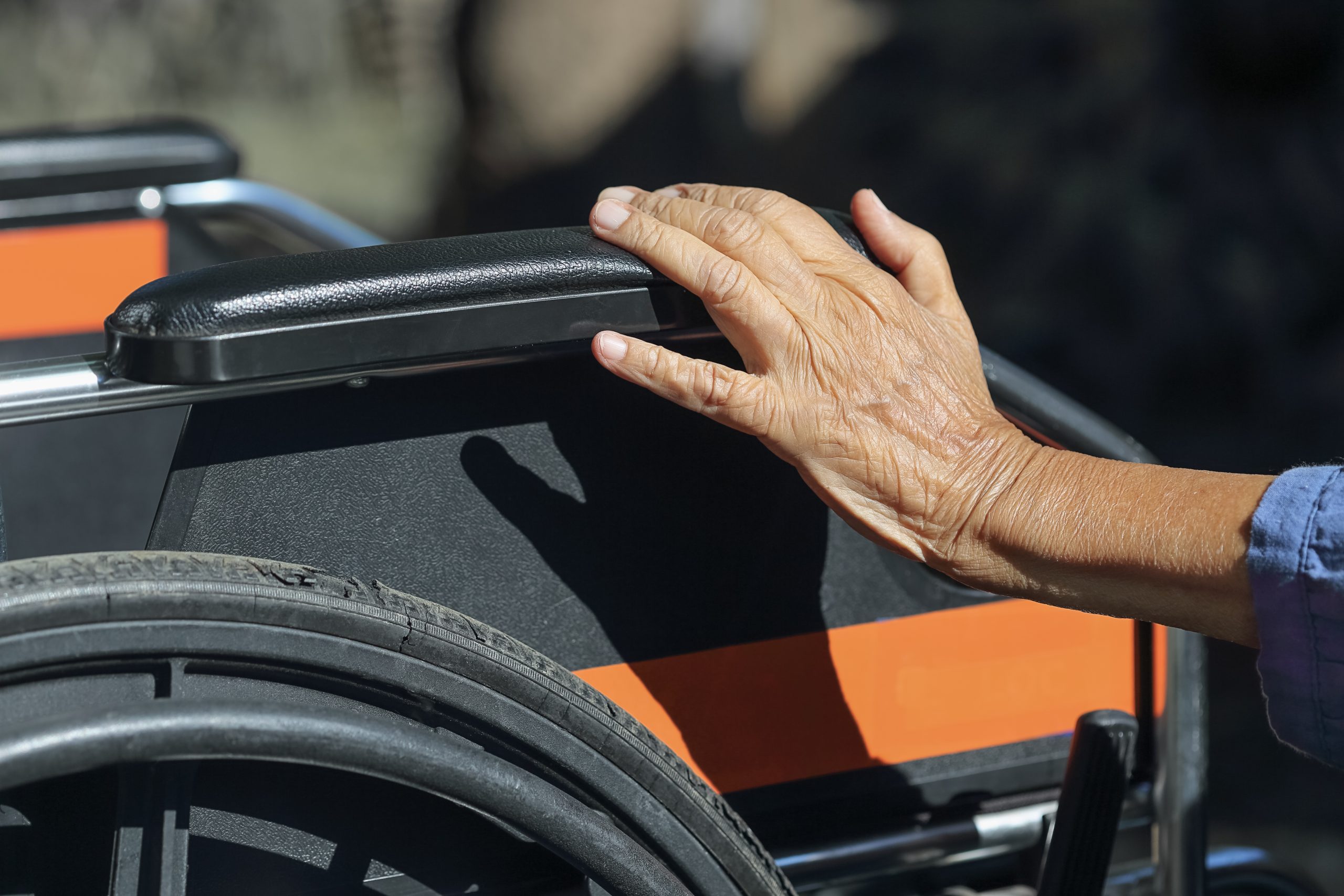Homefront Insights
- View Insights
How AI and Machine Learning Tools Can Help Identify Social Determinants of Health
April 29, 2019How remote monitoring tools and tele-health services are proving their value in helping post-acute care providers deliver improved results.
- View Insights
Medicare Advantage’s Supplemental Benefits: What’s New?
April 16, 2019How the expansion of Medicare Advantage supplemental benefits emphasizes home healthcare.
- View Insights
Why Palliative Care Must Soon Come To Skilled Nursing
April 8, 2019Given their emphasis on rehabilitation and recovery, skilled nursing facilities aren’t typically places where patients receive palliative care.
- View Insights
The Future of Healthcare is in the Home
April 8, 2019Redirecting care from long-term care facilities to the home would generate significant savings while improving clinical outcomes and increasing patient…
- View Insights
How Health Plans Address the Social Determinants of Health
March 20, 2019An increasing amount of health plans are turning their sights to the social determinants of health. But why?
- View Insights
Why Dialysis Is Heading Home
March 13, 2019As the number of CKD patients continues to grow, so does the need for home dialysis.
- View Insights
Post-Acute Care Needs of Medicaid Patients
February 21, 2019After discharge from an acute care facility, patients covered by Medicaid and those covered by commercial insurance tend to have…






